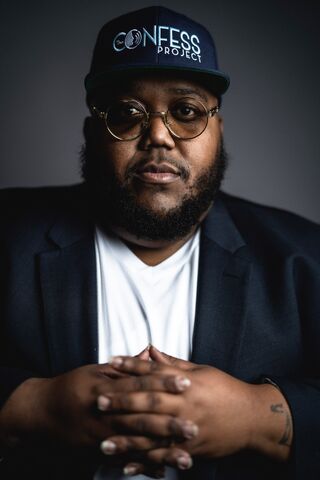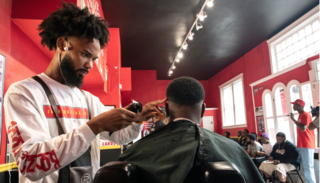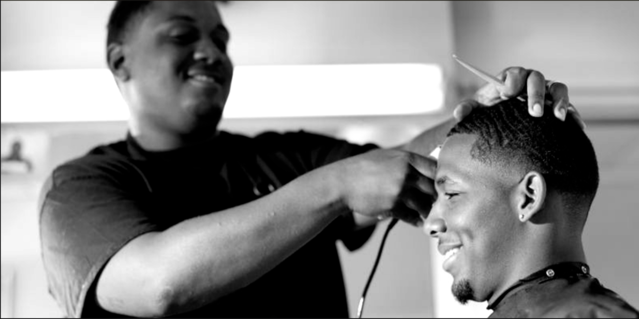Health
A Mental Health Focus at the Barbershop
How an organization is reimagining the mental health system from a barber chair.
Posted May 16, 2021 Reviewed by Kaja Perina
Key points
- The Confess Project is committed to building a culture of mental health for boys, men of color, and their families.
- The trauma-informed barber is changing the narrative of mental health for young men of color and their families.
Maybe it was your lived experience, or maybe it was something you saw in the movies: sitting in the barber shop getting your haircut and talking about all sorts of things from funny to serious to ridiculous. For Lorenzo Lewis, founder of The Confess Project, it was his lived experience and his muse for creating “America's First Mental Health Barbershop Movement.” I had the pleasure to chat with Lorenzo and understand how The Confess Project is reimagining the mental health system, why the barber shop, and what this movement actually does for the mental health of Black and Brown men and boys.

Pulling from lived experiences.
The barbershop wasn’t just a place to get your haircut for Lorenzo. It was a safe haven for a young Black man from the south who was born in prison to two incarcerated parents, had gone through his own incarceration and lost his dad at the age of ten years old.
"I always felt disconnected, not only from my own community but from the White community. I never felt really included."
The barbershop was a place to go every weekend - haircut or no haircut. It reminded him of going to his aunt’s beauty salon as a child everyday after school. He realized “[a barbershop] was the place to have hard conversations and really beautiful conversations.”
Barbershops, particularly for Blacks, are the only place you can discuss politics, relationships, and anything else and still be yourself - “in some cases, you can’t even do that at church!”
The trauma-informed barber
Lorenzo and his team have trained over 300 barbers in over 12 states and is set to train 1,000 barbers by the end of 2021. With those numbers, The Confess Project is set to impact 1 million people on their nationwide tour. Contrary to what you might think, this training is really for the barber so they can pass on the skills to their clients. When the barbers are honing in on mental health it becomes “a ripple effect because it changes the socio-understanding and connection to mental health, to your well being, and to thriving.” When you get trained with The Confess Project, you become part of a community as a barber.

The 4 components of barbers as mental health advocates
Natasha Williams, Board Chair of The Confess Project and Licensed Marriage and Family Therapist (LMFT), says "The training that The Confess Project provides barbers has been developed by experienced community programming and mental health professionals. The curriculum provides training in evidence-based practices including active listening and basic interviewing skills that equip barbers to have conversations with clients that destigmatize mental health issues. To be clear -- there is no substituting the skills of credentialed mental health professionals. However, barbers who have engaged with The Confess Project can make a meaningful difference by identifying mental distress and connecting clients to professional care."
The curriculum focuses on four pillars:
- Active listening: not over-talking, not problem-solving, just listening
- Validation: empathizing to empower
- Positive communication: no insults, no belittling, and no communication about being weak
- Reduce stigma: getting help does not mean your weak, you supported by all of us barbers, and The Confess Project is here to support you
Lorenzo also trains barbers that if someone makes a message about hurting someone or themselves you can call the suicide prevention hotline or the police because at this point it is a crisis.
The Confess Project also provides and arms the barber shops with resources, a database of local and national services. While there’s no requirement for them to use those resources, as part of the training, the barbers know they have those tools and referrals.
Healing you, healing me.
Divine Alexandar, a Barber and Ambassador for The Confess Project shared "When I was asked to host the 1st presentation of the confess project work at my barbershop, I didn't know what to expect. As the information was presented I thought to myself 'finally, this is an organization/ movement I can get behind fully and intentionally.' It was interesting because I was able to get the help/support I needed because I too suffer from depression & anxiety. So with that, I was able to help others from behind my chair ALL while helping myself heal."



